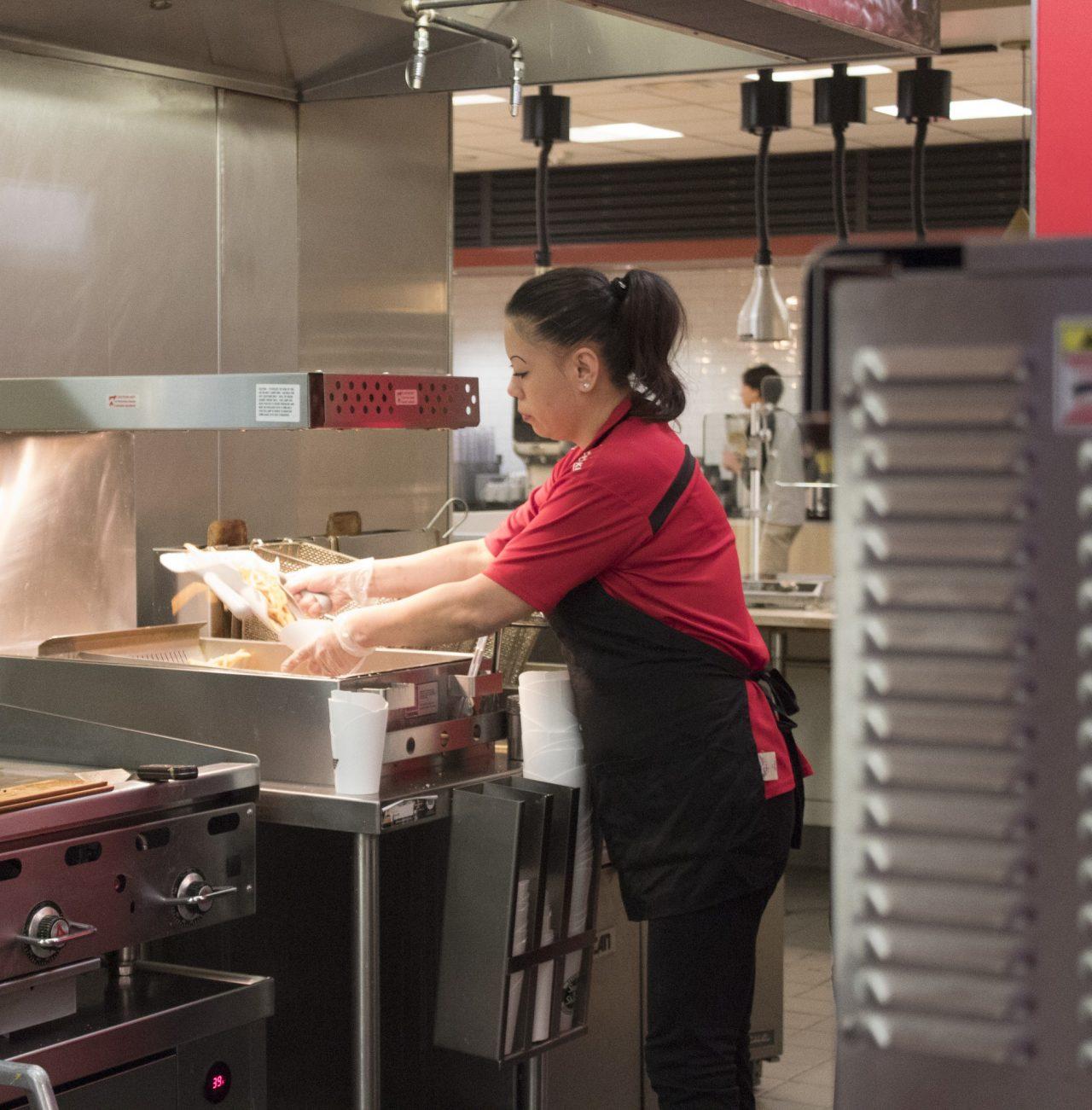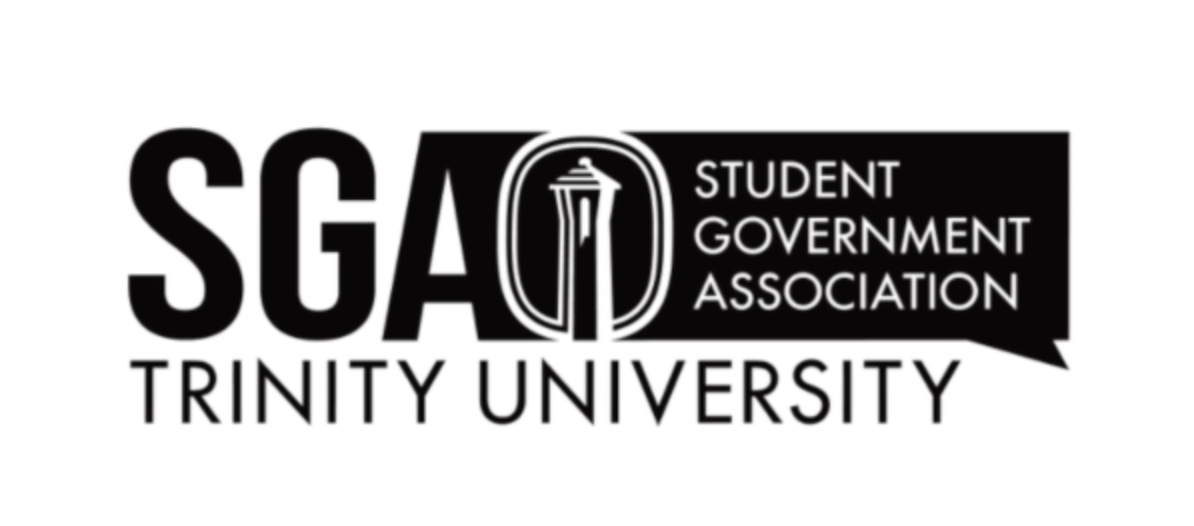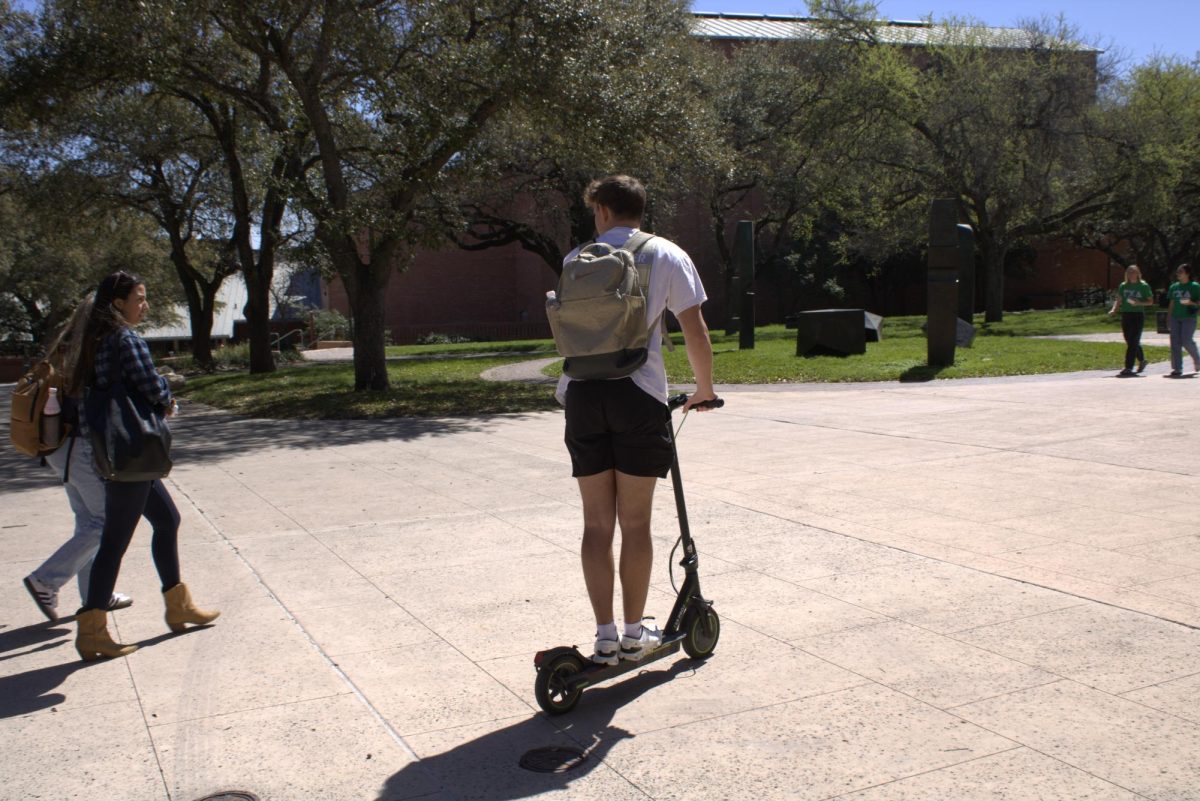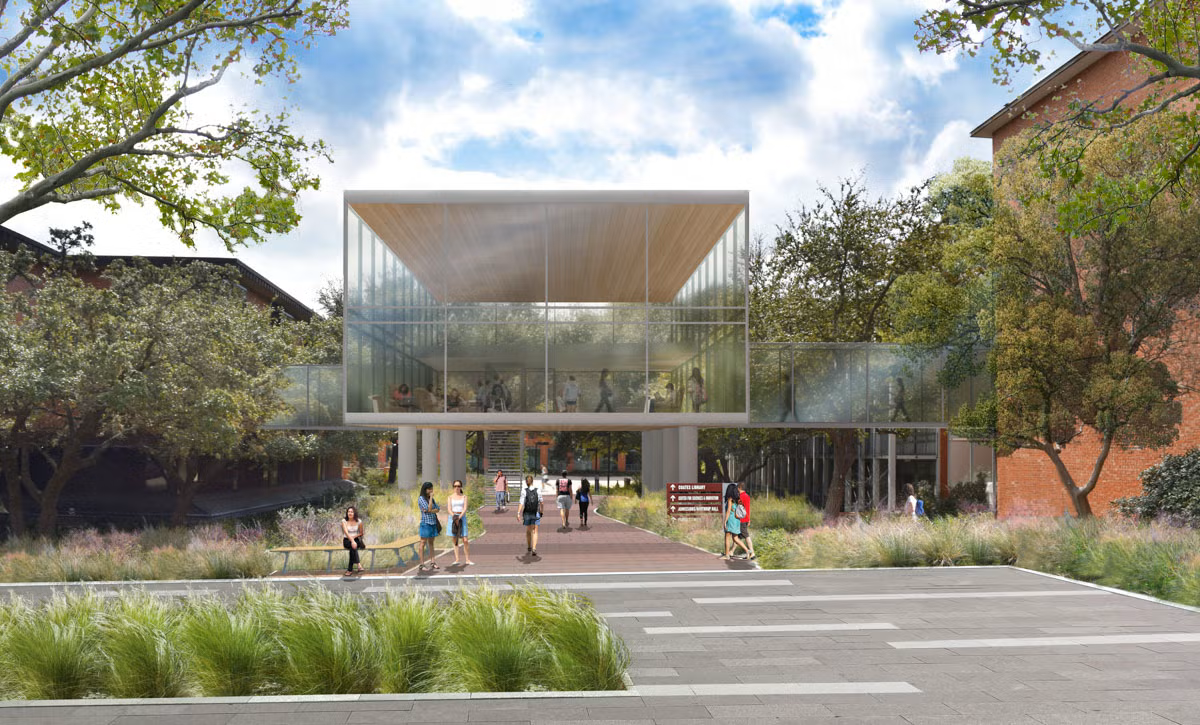Photo by Matthew Claybrook
Believe it or not, food at Mabee doesn’t just appear out of nowhere.
A section on sustainability was added in Aramark’s most erecent contract with Trinity University although Aramark has made efforts to find local and sustainable food sources for Mabee Dining Hall and the Provisions on Demand (P.O.D.) locations on campus in its previous contracts with the university.
In Trinity’s current contract with Aramark, which was renewed last February and brought new dining services like Starbucks and Steak ’n‘ Shake, there is a clause requiring focus on sustainable food sourcing.
“We re-did our contract, and we put a section in there for sustainability because we know that’s an important need for the whole community now,” said Paul Wright, director of Business Operations for the TigerCard Office. “Sustainability is such a big topic these days that we wanted to make sure that there was something in the contract, and they were doing that anyways.”
David Ribble, chair of the environmental studies program, explained the need for sustainability.
“Our natural environments and systems that support our earth are in decline, resulting in measurable impacts on water and air quality, for instance,” Ribble wrote over email. “Products that are sustainable ensure that we meet our needs today without compromising the needs of the future.”
Aramark uses SYSCO and Fresh Point Produce as their primary vendors to supply sustainable food. Aramark also manages a garden behind Mabee to make salsas.
“Trinity Dining has made a commitment to purchase sustainable and local as much as possible. Currently we purchase all of our eggs, fish and meats from sustainable farms with a focus on hormone-free, free range and reasonably caught,” wrote Charles Robles, food service director of Aramark, in an email.
According to Robles, locally sourcing food can be difficult due to the harsh climate in San Antonio and the amount needed to provide for Trinity’s campus. Root vegetables such as onions and squash tend to be the primary locally-available produce.
“We currently purchase all of our mushrooms, herbs, onions, squash and eggplant from a farm outside of San Antonio, and we also try to order from JB Farms in Austin when we can, which is some great stuff,” Robles wrote. “[But] we find that when we meet with vendors at the local farmers’ markets, they simply can’t handle our volume and demand needs, but we’ve been making pushes with Freshpoint and sourcing as much as we can from local and as close as possible within Texas borders.”
Pre-made food in the P.O.D., including sandwiches and sushi, are made locally in San Antonio and delivered day-of.
“Sandwiches are being produced in San Antonio; they usually produce our order at 3 a.m. and have it delivered to us by 8 a.m. to be sold. Sushi is also made fresh daily here in San Antonio and delivered fresh to the locations daily,” Robles wrote.
Wright and Aramark have held meetings to discuss what Aramark has been able to locally and sustainably source. According to Wright, sustainably-sourced food can change from day to day.
“It’s a daily thing. A lot depends on what they’re serving that day or the next couple of days and what’s available for them,” Wright said. “Sometimes the challenge that you run into is the amount of sustainability production, so you have competition for a lot of these goods. In general, they do what they can to source locally.”
Information on what Mabee and other campus dining options are serving daily can be found at trinity.campusdish.com/en





